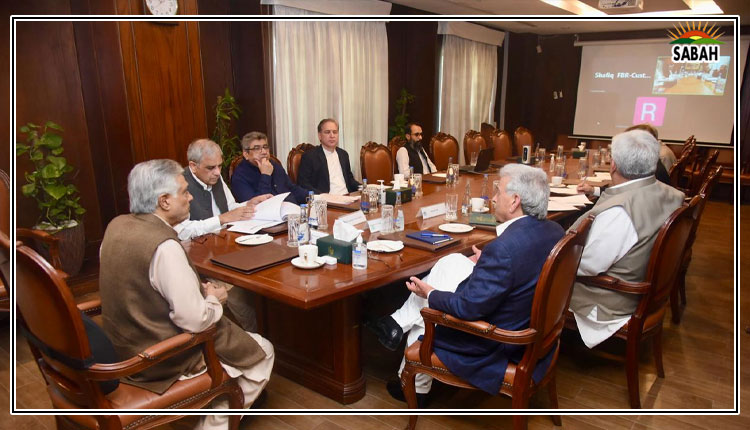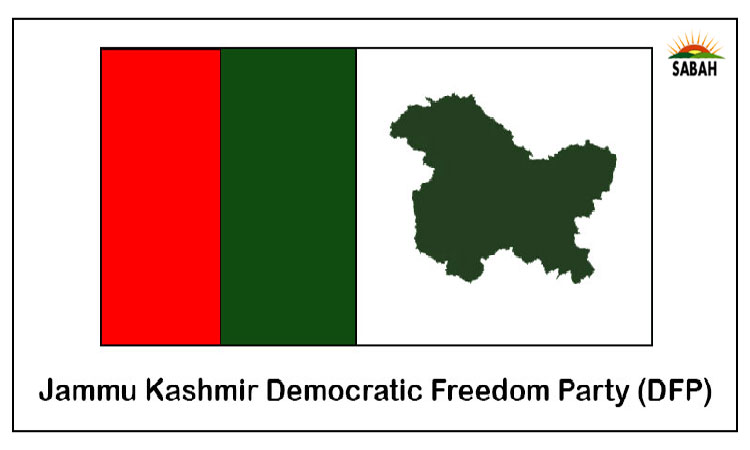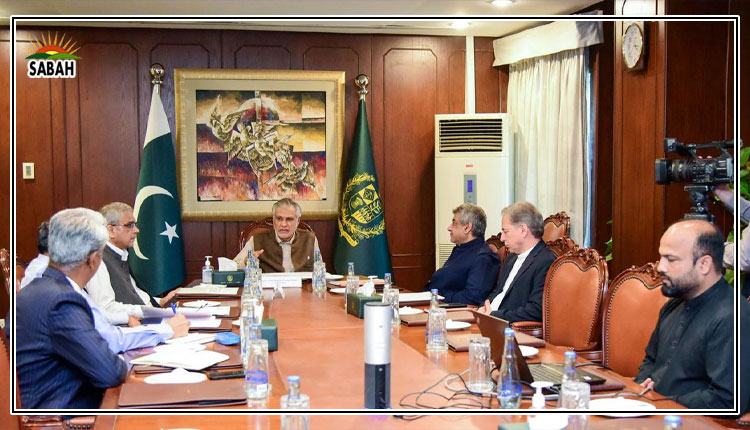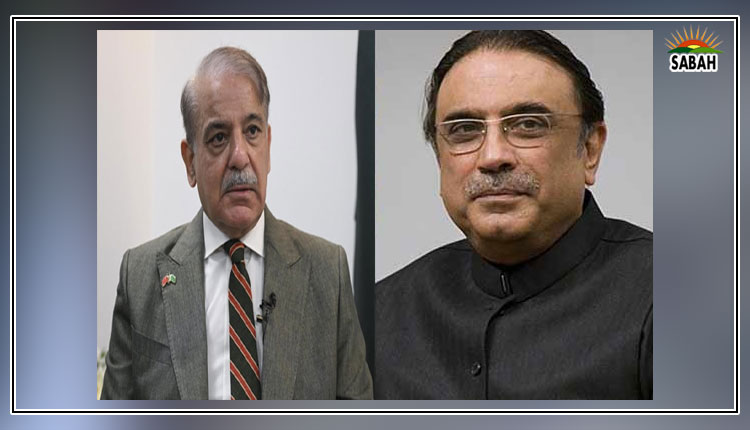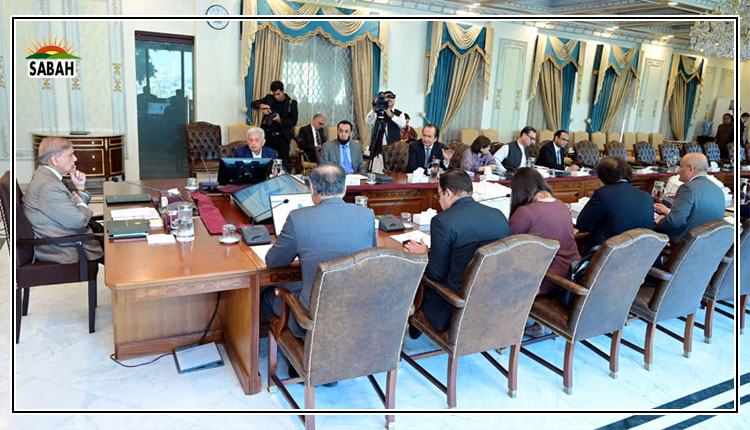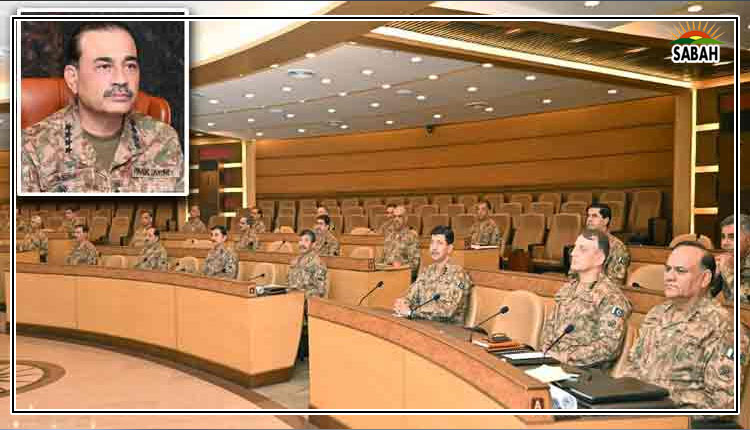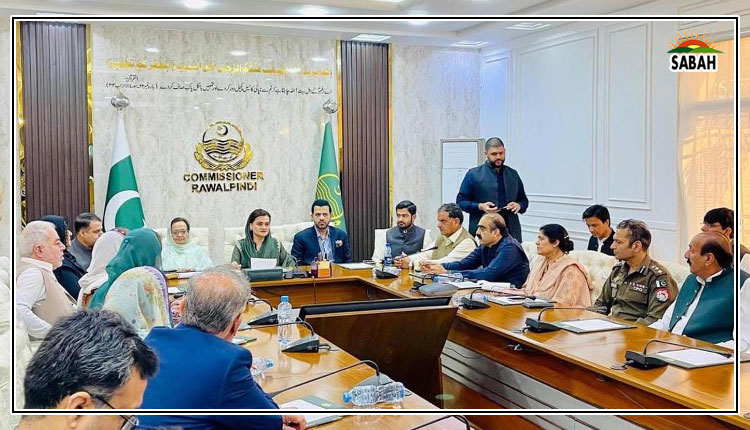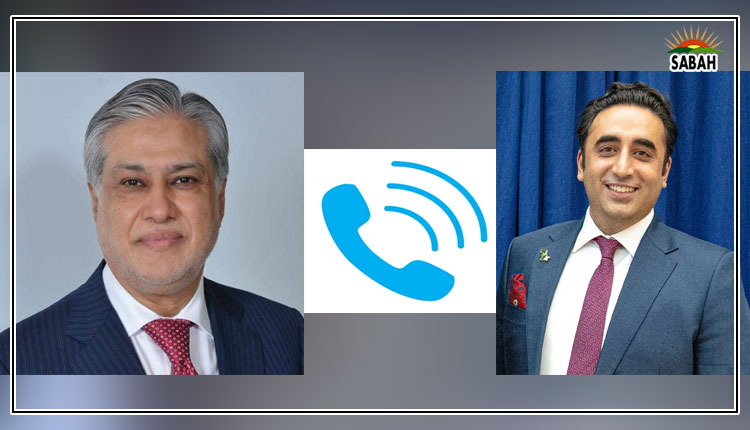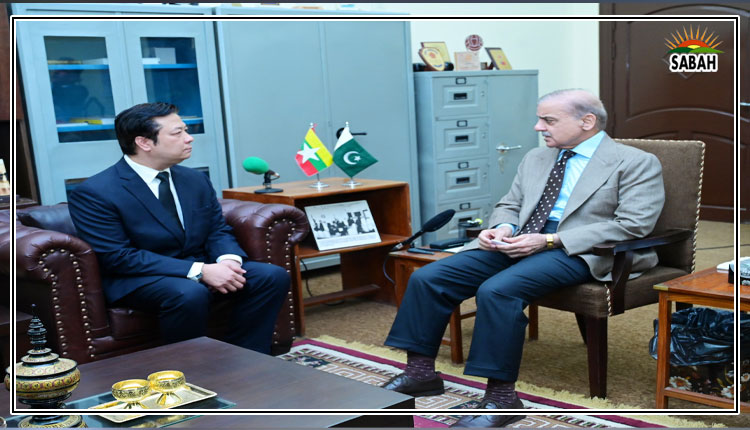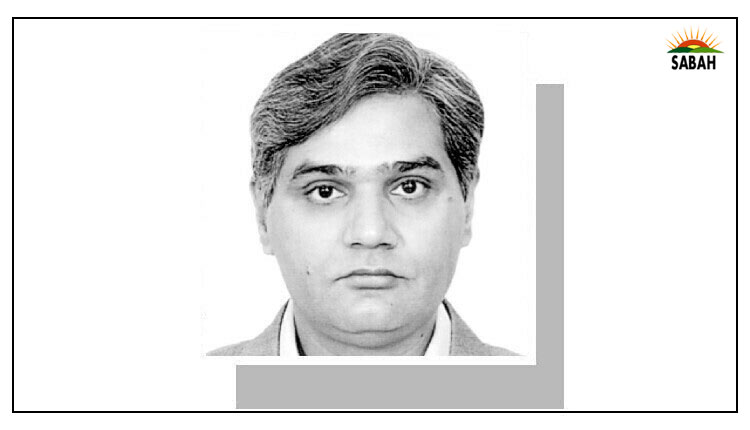Taliban’s declining influence…Muhammad Amir Rana
A POSITIVE development for Pakistans upcoming general elections on Thursday is the declining influence of the Afghan Taliban as a source of inspiration for voters. This starkly contrasts with the 2002 elections, where a pro-Taliban religious alliance secured record votes, particularly in Balochistan and KP. Back then, the Talibans recent overthrow by the US-led coalition stirred sympathy votes. Conversely, with the Taliban now ruling Afghanistan, concerns arose about a similar pro-Taliban wave in the 2024 elections. However, initial indications suggest the Talibans appeal has diminished in Pakistan, although a deeper analysis is still needed.
The upcoming elections in Pakistan are a crucial test of public sentiment regarding the Talibans influence. The election results, particularly in the Pakhtun-dominated areas, will provide valuable insights into the evolving dynamics of power and ideology in Pakistan.
Despite the Afghan Talibans diminished influence, their support for the Tehreek-i-Taliban Pakistan (TTP) remains unabated. JUI-F leader Maulana Fazlur Rehmans recent visit to Afghanistan to secure an unannounced ceasefire during the elections has, apparently, yet to yield results. Therefore, another critical aspect of the elections will be gauging the extent to which the TTPs actions have damaged the Talibans image and their influence in Pakistan. While JUI-F may garner votes from its strongholds in Balochistan and KP, a significant decline in overall support for the religious parties would suggest a negative perception of the Taliban due to the actions of the TTP. A low turnout in these areas traditionally associated with the Taliban and TTP influence would signal public disapproval of their activities.
While the JUI-F might benefit from established support in some constituencies, it is crucial to recognise its potential role as a tool by the Pakistani establishment to counter the PTI in KP. It is worth noting that the 2002 general election saw the religious parties alliance Muttahida Majlis-i-Amal win due to Gen Pervez Musharrafs strategy of marginalising major parties like the PPP and PML-N. While the MMA touted their victory as a success of religious unity, they failed to replicate it in subsequent elections. The JUI-Fs and Jamaat-i-Islamis attempts to position themselves as anti-establishment also failed to win the publics trust. This ultimately led Maulana Fazlur Rehman to realign himself with the establishment.
One aspect of the polls will be to gauge how much TTP actions have damaged the Talibans image.
The alliance between the religious parties and the establishment is widely recognised and enduring despite the complexities in their relationship. In the 2018 general elections, the Tehreek-i-Labbaik Pakistan (TLP) was utilised (in Punjab), in a manner similar to the MMA in 2002. With over two million votes secured in the previous election, the new leader faces the challenge of maintaining the partys voter base.
Elections have long been held in a controlled environment, with the establishment often ensuring its desired outcome. However, the 2024 elections occur in a more tightly controlled context due to the countrys political turmoil and economic crisis. In this scenario, voters in Punjab, KP, and urban Sindh may prioritise issues such as inflation, price hikes, and unemployment over traditional ideological or ethnic considerations. General sympathy towards Imran Khan and PTI may also influence their choices.
A few political pundits forecast that the TLP would be used again for electoral engineering. However, it would be risky for the PML-N and pro-establishment parties, as they have failed to dent the PTI vote bank. The TLP can prove counterproductive for them as it holds more lethal narratives against the PML-N and its allies.
Religiously motivated groups openly oppose electoral processes and democratic principles. Recent statements condemning elections and threats to political leaders highlight this challenge. Religious political parties face pressure to denounce groups like the TTP and IS-K and counter their narratives online and in communities. However, concerns about safety often lead to silence, which can embolden these groups. While their direct impact on voter participation remains unclear, these militants continue influencing public perceptions and potentially expanding their reach. A recent report by a UN monitoring team suggests the TTP established a new base in KP in mid-2023, where individuals trained as suicide bombers were reportedly located.
Among the religious political parties, the JUI-F could potentially benefit significantly. Besides their internal political dynamics, their ties with the Taliban regime in Afghanistan and direct contacts with the TTP make them valuable for the establishment. Recent reports suggest Maulana Fazlur Rehman brokered a temporary ceasefire with the TTP during his visit to Afghanistan, facilitated by the Haqqani Network. This ceasefire coincided with a decrease in claimed terrorist attacks in Pakistan. However, some factions within the TTP remain dissatisfied and continue to launch attacks.
If these reports are accurate and the JUI-F secures enough seats in the elections, the party could become crucial in back-channel negotiations with the Taliban. Nonetheless, this involvement would likely come at a price, with Maulana Fazlur Rehman seeking a significant share in the future set-up and pro-TTP and Taliban elements gaining strength in the bordering regions with Afghanistan.
The Taliban, the maulana and his party share similar views on the TTP, favouring reconciliation with the militants. However, any attempt at reconciliation could have severe consequences for internal security, as evidenced during the PTI-led governments attempt at peace with the militants. It allowed them to settle in KP, but according to a UN report, the returning TTP terrorists regrouped, instead of laying down arms, thus posing a greater threat to Pakistans security.
While the Taliban may influence some voters, their regime is also seen by many in Pakistan as a desirable model Islamic state. This narrative has serious implications for institutional stability and the state and society of the country, as Dr Akmal Hussain briefly discusses in his recent book, Pakistan, Institutional Instability and Underdevelopment. Ideological narratives that contradict state policies and social norms can distract state institutions, especially when they are used as cheap political tools.
Courtesy Dawn



